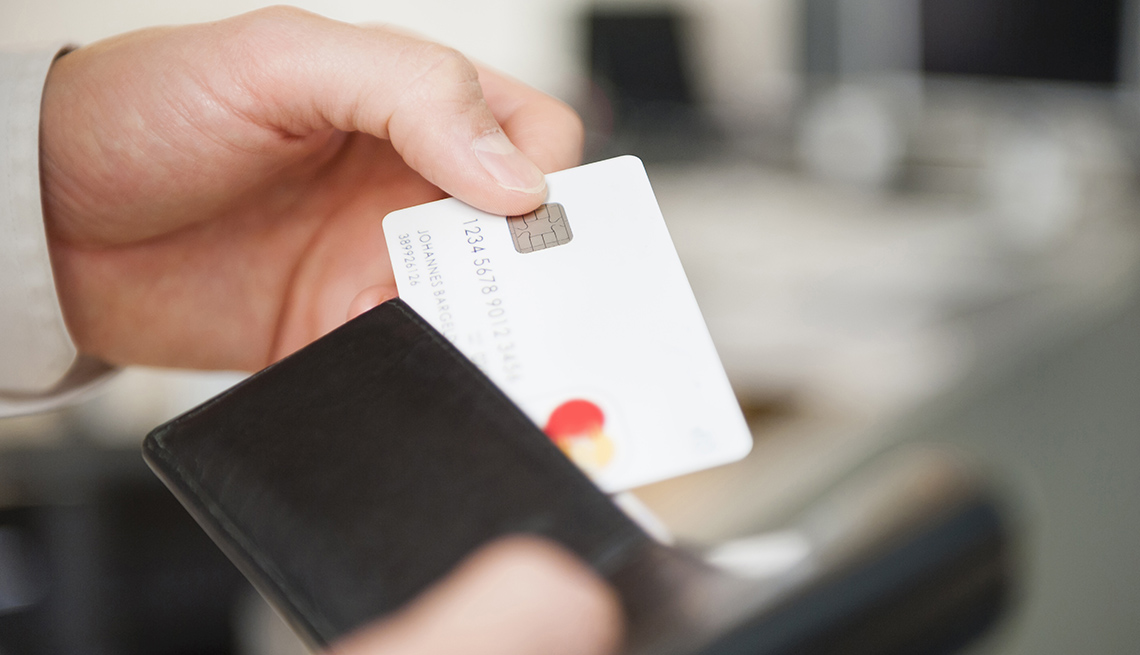AARP Hearing Center
An 84-year-old woman in Palm Beach County, Florida, got an odd phone call. The caller gave her name as “Ashley” and said she worked for Wells Fargo & Company.
Ashley was an alias. And she was no bank employee. She was a con woman with a criminal past that landed her in state prisons.
Yet when the caller purported there had been fraudulent charges on one of the 84-year-old woman's bank cards, she believed her.
According to a court affidavit, the victim even gave the caller her PIN number, an identifier used to validate electronic transactions such as ATM withdrawals and debit-card purchases.
She also gave Ashley her and her spouse's Social Security numbers. And when someone later showed up at her door masquerading as a bank employee, the victim handed over two debit cards and two credit cards, having been led to believe that replacements would be personally delivered.
Such crimes have menaced more than 40 seniors in South Florida since 2016 and resulted in more than $1 million in losses, according to Palm Beach County's top prosecutor, who says an investigation, dubbed Operation Golden Years, remains ongoing.
"Crazy nightmare"
"The whole thing was a crazy nightmare,” the 84-year-old woman tells AARP, recalling the crimes from this past March.
The day she handed over the cards, the crooks acted fast. In less than 30 minutes, eight money orders with a face value totaling $3,695 were purchased at two Publix grocery stores, according to the court affidavit. The money orders ranged in value from $200 to $500.
Meanwhile, there were two ATM withdrawals of $300 each at a Wells Fargo bank, bringing the total fraud to $4,295, not counting fees.
The alleged offender, a 40-year-old woman from Fort Lauderdale, was arrested last April and is being held on numerous felony counts. She has pleaded not guilty and is due back in court Nov. 20. Three alleged accomplices also are in custody; a fourth was charged and is out on bond, authorities say.





































































